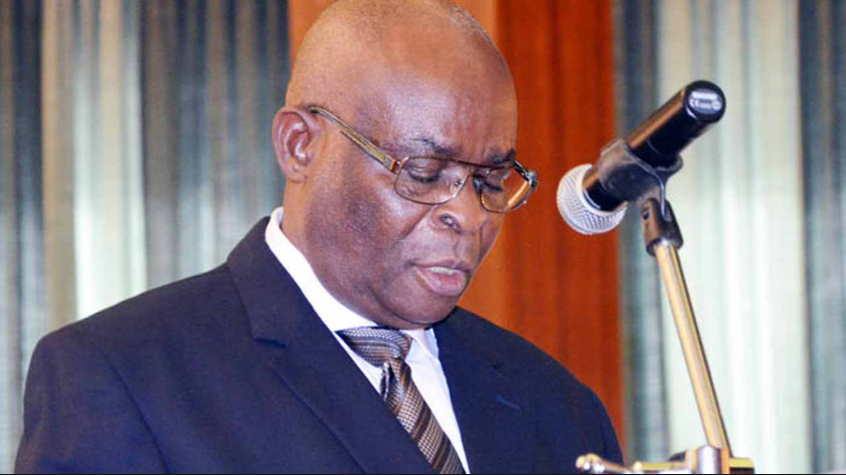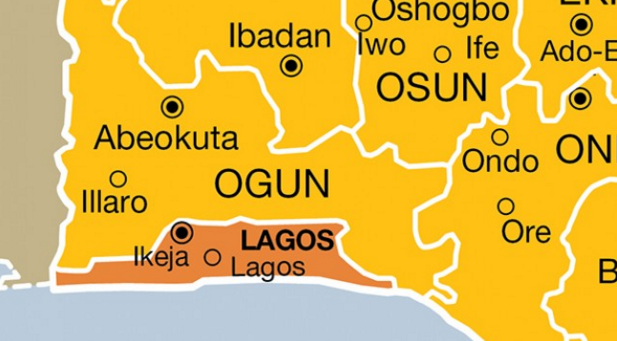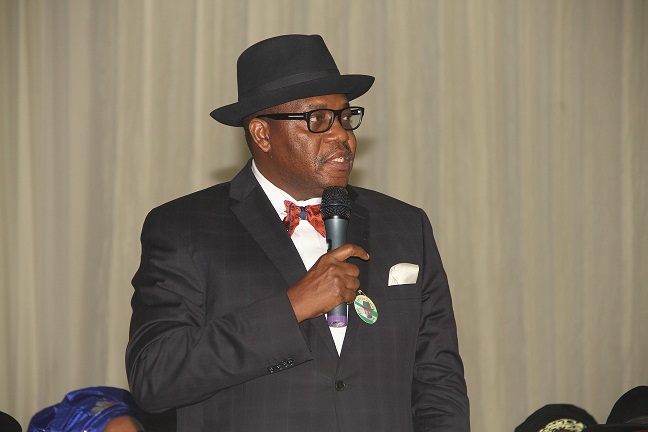Walter Samuel Nkanu Onnoghen is the new chief justice of Nigeria.
He was appointed acting CJN on November 10, 2016, when Mahmud Mohammed, his predecessor, retired.
A controversy had brewed over President Muhammadu Buhari’s delay in sending his name to the senate for confirmation as CJN.
Acting President Yemi Osinbajo eventually forwarded his name to the upper legislative chamber, but not until two days to the end of his tenure, which was renewed by the National Judicial Council (NJC).
Advertisement
Onnoghen is remarkably the first southerner to be CJN since 1987 when Ayo Irikefe retired.
Beyond the regional fact, however, TheCable presents interesting highlights of his career: ranging from his pronouncements on culture and tradition to politics.
Trained in Ghana
Born on December 22, 1950 in Biase, Cross Rivers state, Onnoghen will be in office till December 2020, barring any circumstances beyond his control.
Advertisement
He attended the Presbyterian Primary School, Okurike, Biase, from 1959 to 1965 and proceeded to Ghana for his secondary education from 1967 to 1972. He did his A’Level at the Accra Academy in 1972 and studied law at the University of Ghana, Legon, from 1974 to 1977.
He returned to Lagos to attend the Nigerian Law School between 1977 and 1978, thereafter working as pupil state counsel, ministry of justice, in Ikeja, Lagos and Ogun states between 1978 and 1979.
From Bar to Bench
Between 1979 and 1988, he was a partner in the law firm of Effiom Ekong and Company, in Calabar, after which he became principal partner and head of chamber of Walter Onneghen and Associates, Calabar.
In 1989, he crossed from the bar to the bench as he was appointed a high court judge by the Cross Rivers state judiciary. He moved on in 1990 to become the chairman, Cross Rivers State Armed Robbery and Fire Arms Tribunal. He was there for three years.
Advertisement
Onnoghen was appointed chairman of the Failed Bank Tribunal, Ibadan zone, in 1998, from where he moved on to become a justice of the court of appeal. In 2005, he was elevated to the supreme court.
Annulled Igbo culture
For gender rights activists, April 11, 2014 was not just another day in the history of Nigeria. That day the supreme court made a landmark pronouncement in the case of two Igbo women, Gladys Ada Ukeje and Maria Nweke, who argued that they should have equal access as men to the inheritance of their parents.
In Igbo culture, women had been disinherited for ages as a result of tradition.
The two women sued the men in their families – and finally got justice as the case moved from the lower to the highest courts in the land.
Advertisement







